September 6, 2025

If there was a theme to indoor ag’s August, it was greenhouse collabs with two sets of majors making announcements. Elsewhere, indoor specialty crops continued to attract new funders.
Indoor Specialty Crops Attract Funding
The trend of indoor specialty crops attracting funding continued in August, with raises in strawberries, vanilla and saffron. Aerofarms restructured its capital stack in preparation for a second farm.
Singrow Adds SE Asia & US Farms
Singapore-based plant genomics company Singrow raised $4.5 million in Series A funding led by Finc Pte. Ltd., Cyanhill Capital, Pasudeco, and Eastern Wind International, with participation from returning investors Ritz Venture Partners and AgFunder. The round will accelerate expansion of the company’s three business lines—seedlings, vertical farming, and reverse genetics breeding—beyond current markets in Singapore and China into Southeast Asia and new territories including Houston, Texas.
Founded in 2019 by molecular biologist Dr. Bao Shengjie, Singrow has developed heat-resistant strawberry varieties that thrive at 28°C compared to traditional strawberries requiring 15-25°C, reducing energy costs by up to 40% in controlled environment agriculture systems. The company operates propagation facilities in Guangzhou and northern China, exporting climate-resilient strawberries to Singapore, Indonesia, and Thailand, with field trials underway in Vietnam and Malaysia. Singrow is constructing a circular agricultural facility in Singapore combining strawberry and mushroom production, where CO2 waste from mushroom cultivation feeds strawberry photosynthesis. It says this potentially reduces operational costs by 60% compared to competitors like Oishii. The company plans to raise a Series B round with first close targeted for December 2025 to fund additional facilities in Houston, Vietnam, China, Saudi Arabia, and Brunei.
Vanilla Vida Raises for Indoor Vanilla Expansion
Israeli agritech startup Vanilla Vida raised $3.5 million in an internal funding round led by Windare Ventures to establish a 10-hectare integrated vanilla cultivation and curing facility in Uganda, marking its transition from pilot operations to commercial scale. The company, which has raised approximately $18 million to date from investors including Windare Ventures, PeakBridge FoodSparks, Arancia International, Paneurinvest, and Oceale Investments, operates proprietary controlled environment agriculture systems that halve vanilla growing cycles from four years to two and reduce curing time from six months to three.
CEO Ilanit Bar-Zeev announced first planting at the Uganda facility for early 2026 with meaningful harvests expected around 2029, while the curing facility will begin operations in late 2026 initially processing beans from local Ugandan farmers before transitioning to Vanilla Vida’s own indoor production. The startup’s Israeli operations have already achieved the world’s first large-scale indoor vanilla harvest with vanillin content consistently above 3% compared to the industry average of 1-2%, generating sales that have tripled year-on-year since 2022 at premium pricing of 1.5× market rates. Vanilla Vida targets scaling to 60 hectares globally across multiple countries to supply approximately 10% of the world’s natural vanilla market, with Uganda’s first commercial production run already fully booked.
Saffron Tech closes Crowdfunding for Expansion
Israeli agritech startup Saffron Tech raised 2.1 million NIS ($620,000) through a crowdfunding campaign on the PipelBiz platform, achieving a $12 million pre-money valuation led by Hollywood actress and wellness advocate Moran Atias. The campaign, which closed in August 2025, marks the company’s third equity crowdfunding round after previously raising $1.3 million in 2023 that valued the company at $11 million with approximately 650 investors participating. Saffron Tech, a subsidiary of publicly-traded Sativus Tech Corp (OTC: SATT), has also secured $2 million in strategic investment from South Korean technology manufacturer DreamTech, structured as $1 million upfront with an additional $1 million contingent upon successful saffron cultivation in Korea. The funding supports the company’s transition from its current pilot facility in Ganei Tal, Israel—which grows 12,000 saffron corms in four annual cycles—to launching its first commercial vertical farming facility using proprietary controlled environment agriculture technology. CEO Michael Oster, a former oil and gas executive, has positioned the company to target the $1.6 billion global saffron market by producing premium saffron in six-week growth cycles compared to traditional farming’s annual harvest window.
Aerofarms Raises for a Second Farm
Vertical farming company AeroFarms secured undisclosed equity financing from existing investors including Grosvenor Food & AgTech, Ingka Investments, Cibus Capital, and ACEG to fund pre-construction activities for a second farm. This marks the company’s first major funding since emerging from Chapter 11 bankruptcy in September 2023. The company also refinanced its debt through an asset-based loan from Siguler Guff that fully repaid its previous facility from Horizon Technology Finance with more favorable interest rates and interest-only terms. AeroFarms had filed for bankruptcy protection in June 2023 after raising $238 million over multiple funding rounds, citing “significant industry and capital-market headwinds” that derailed a planned $1.2 billion SPAC merger in 2021.
CEO Molly Montgomery, a former Grosvenor Food & AgTech partner who took over during the bankruptcy restructuring, has focused operations on the company’s Danville, Virginia facility while shuttering its Newark operations and research projects. The current financing includes bridge funding that will transition to a permanent USDA-guaranteed loan expected to close later in 2025. It supports AeroFarms’ expansion plans for its 140,000-square-foot automated facility.
M&A, Closures and Growth in August
Though the grim tally of indoor agtech closures continues to mount, we are also seeing expansion and collaboration in greenhouse and container farm sectors.
Indoor Specialty Crops Majors Merge
Hamilton-based vertical farming company 80 Acres Farms merged with Virginia organic herb grower Soli Organic. It creates a combined entity projecting $200 million in first-year revenues across 17,000 retail locations. The deal brings together 80 Acres, which raised $115 million in February 2025 from General Atlantic, Siemens Financial Services, and other investors as part of over $370 million in total funding since 2015, with 36-year-old Soli Organic. Financial terms of the all-stock merger were not disclosed, nor was profitability status. The transaction consolidates seven farms with annual capacity of 15-20 million pounds of produce under 80 Acres’ GroLoop automation platform. It retains Soli’s organic certification and brand for herbs and salads. Former Whole Foods co-CEO Walter Robb, who serves as Soli’s co-chairman, joins the combined company’s board alongside 80 Acres co-founders Mike Zelkind and Tisha Livingston.
Revol Greens and Nature Fresh Collab
Canadian greenhouse leader Nature Fresh Farms partnered with Minnesota-based lettuce producer Revol Greens to enter the leafy greens market for indoor specialty crops. The exclusive alliance leverages Revol’s four operational greenhouse facilities. It has transitioned production focus from California to Texas facilities in recent years. Nature Fresh brings brand recognition and distribution across North America to complement Revol’s 15 million pounds of annual production capacity for organic and conventional packaged salads.
Urban-gro Divests Non-Core Division
Listed firm urban-gro entered into a non-binding letter of intent to sell its architecture subsidiary 2WR to CM Capital Management. It received a $500,000 refundable deposit with additional payments due at closing and earn-out milestones. The Lafayette-based company, trading at a $5.31 million market cap with $13.13 million in trailing twelve-month losses, is divesting the Georgia-focused civil and healthcare design unit to concentrate resources on its core indoor specialty crops sector. urban-gro faces potential Nasdaq delisting due to delayed financial filings. It has implemented $10 million in annualized cost savings. It has a 189.7% debt-to-equity ratio and negative operating margins. The architecture unit operates outside urban-gro’s strategic focus on controlled environment agriculture. In the latter, the company maintains a $101 million project backlog. CEO Bradley Nattrass positioned the divestiture as operational streamlining following multiple acquisitions between 2021-2022 that expanded the company beyond its original equipment supply model into integrated design-build services.
UK Vertical Farm Tech Co Shutters
London-based vertical farming technology company Vertical Future entered administration on August 5, 2025. The company had raised over £37 million ($47.1 million) since its 2016 founding. The firm’s collapse followed a revenue decline from £6.7 million ($8.5 million) to £692,000 ($881,000) in 2024 while posting pre-tax losses exceeding £10 million ($12.7 million). Vertical Future had completed Europe’s largest vertical farming Series A round in 2022, raising £21 million ($26.3 million) at a £100 million ($125 million) valuation. The company recently failed to secure a planned £60 million ($76.4 million) funding round intended to scale production capacity and reduce unit costs. The 32-employee company had pivoted from crop production to selling automated vertical farming infrastructure and its proprietary DIANA SaaS platform. Rising energy costs and weak demand for premium produce undermined the business model.
Black Soldier Fly Firm Closes
Belgium-based biotech startup FlyBlast, which genetically engineered black soldier flies to produce insulin and other high-value proteins for growth media, filed for bankruptcy after failing to secure sufficient funding to sustain operations. Founded by industry veteran Johan Jacobs—who previously built insect farming company Millibeter before selling it to AgriProtein in 2019—FlyBlast was backed by biotope incubator, which typically provides €250,000 ($317,500) in funding to selected startups. The company successfully developed three transgenic black soldier fly lines in just over a year, including one that expressed human insulin. Investors viewed FlyBlast as presenting “a layer of innovation risks on top of another layer of innovation risks (cultivated meat)” retarding fundraising due to the firm’s association with the troubled cultivated meat sector. Despite exploring pivots to biopharma and animal health markets, the startup couldn’t navigate the estimated 16-month sales cycles required to generate revenue before running out of capital.
Area2Farms Expands in Virginia
Northern Virginia-based vertical farming startup Area 2 Farms secured $25,000 in funding from the Fairfax City Economic Development Authority to open its second location at a former Shell gas station in Fairfax Circle. This marks the company’s expansion beyond its pilot Arlington facility. The 10-year lease deal is supplemented by a $7,000 matching grant for an AFID Planning Grant in 2024. It will transform the 20-year vacant site into a soil-based urban farm serving 400 weekly customers through Community Supported Agriculture subscriptions priced at $35 per week. Founded by CEO Oren Falkowitz in 2020, the company has delivered over 20,000 harvests, generating revenue through direct-to-consumer CSA shares with an average order value of $36. The startup is now exploring franchising opportunities for its modular farming technology that produces organic vegetables in under 5,000 square feet.
M&A Drives the Public Sector
The public sector is bifurcating as companies either consolidate through strategic transactions or struggle with financials and face potential delisting. M&A activity and strategic divestments are driving improved performance for some companies. For instance, Village Farms posted record EBITDA margins of 28.6% following its strategic sale of its produce business to focus on cannabis.
We’ve included a summary of the results announced in August below:
| Company Name | Q2 2025 Revenue | Revenue Change vs Q2 2024 | Q2 2025 Net Income | Net Income Change vs Q2 2024 | Source |
| AgriFORCE Growing Systems Ltd | $451,955 | +993.9% | -$8.06M | -90.5% (loss increased) | source |
| Agrify Corporation | $2.04M | -31.8% | -$7.36M | +147.6% (loss increased) | source |
| Denso Corporation | ¥1,754.1B ($11.7B) | 0% (flat) | ¥79.3B ($548.2M) | -16.1% | source |
| Edible Garden AG | $7.4M | Not disclosed | -$5.9M | Not disclosed | source |
| Gibraltar Industries | $309.5M | +13.1% | $26M | -19.2% | source |
| GrowGeneration Corp | $41.0M | Not disclosed* | -$4.8M | Improved from -$5.9M | source |
| Hydrofarm Holdings Group | $39.2M | -28.4% | -$16.86M | +28.1% improvement | source |
| Local Bounti Corporation | $12.1M | +28% | Not disclosed | Not disclosed | source |
| Village Farms International | $59.9M | +12% | $26.5M | Turnaround from loss | source |
Disclaimer
Featured image courtesy of Unsplash.
The information provided on this blog is for general informational purposes only. It is not intended to be a comprehensive analysis of the securities, markets, or developments referred to. While we strive to ensure the accuracy and reliability of the information, the content of this blog does not constitute financial advice, investment advice, trading advice, or any other advice. You should not treat any of the blog’s content as such.
We do not recommend that any securities listed or discussed be bought, sold, or held by you. Nothing on this blog should be taken as an offer to buy, sell, or hold securities. Please conduct your own due diligence and consult with a qualified financial advisor before making any investment decisions.
Forward-looking statements made in this blog are only predictions and are subject to risks, uncertainties, and assumptions that are difficult to predict. Therefore, actual results may differ materially from those expressed in forward-looking statements. We expressly disclaim any obligation to update or alter statements whether as a result of new information, future events or otherwise, except as required by law.

August Indoor Ag Update: M&A Galore & Indoor Specialty Crops Funding
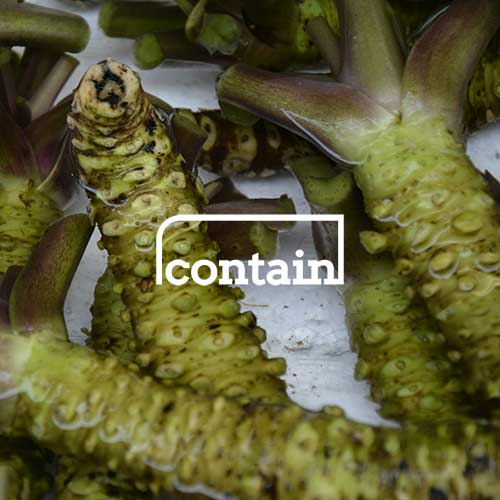
July Indoor Ag Update: Acquisitions Accelerate & Funding Returns

Five Farms Making a Go of Indoor Agriculture

Dyson’s 250% Yield Breakthrough Headlines June AgTech: Vertical Farming Advances, M&A Activity, and Industry Setbacks
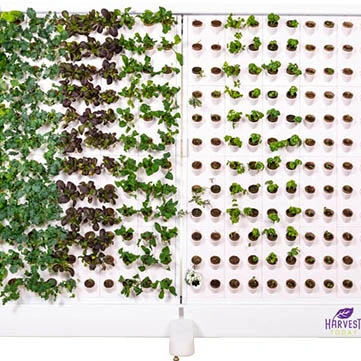
Indoor Agriculture Pivots to Home Gardens as Vertical Farming Failures Drive Strategic Reevaluation
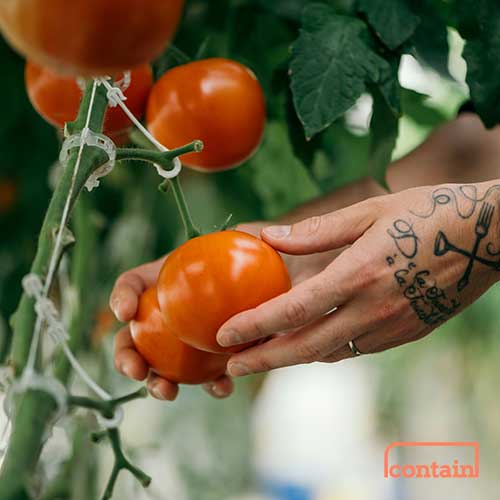
Zordi Series B and May 2025 Indoor Agriculture Developments
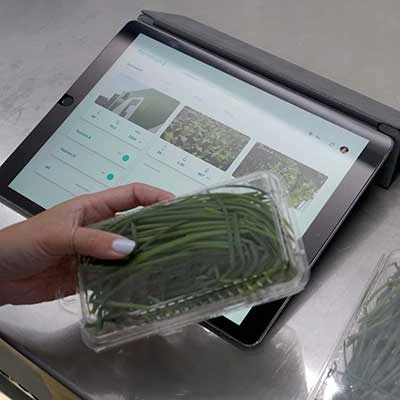
Freight Farms Bankruptcy and iUNU’s $20M Raise Highlight April’s Indoor Ag Contrasts
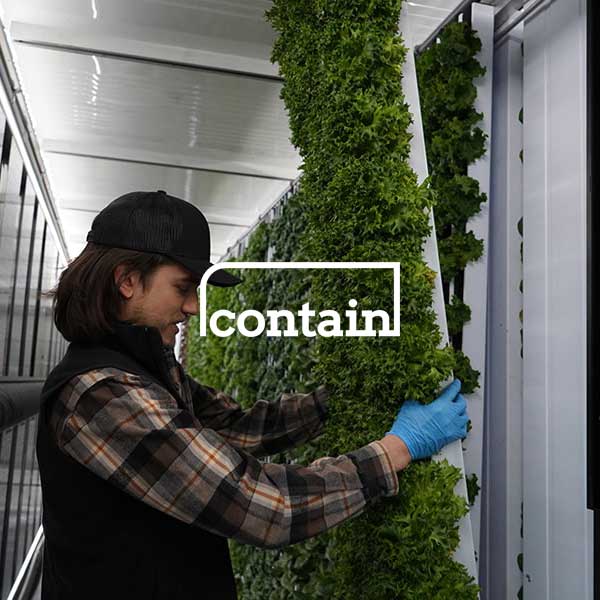
Freight Farms Resources: Indoor Ag Companies Stepping Up to Support Freight Farmers
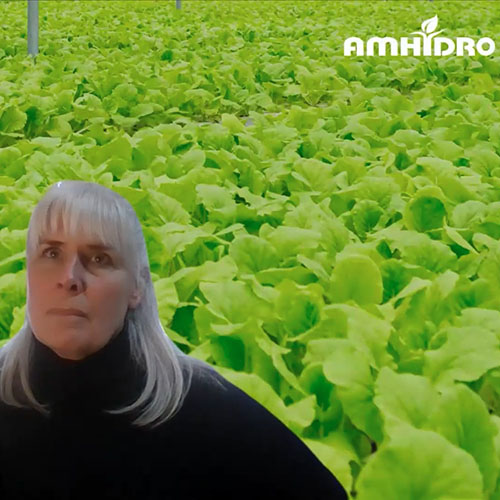
How to Finance Your Hydroponic Project in 2025: Finding Opportunity in a Shifting Market
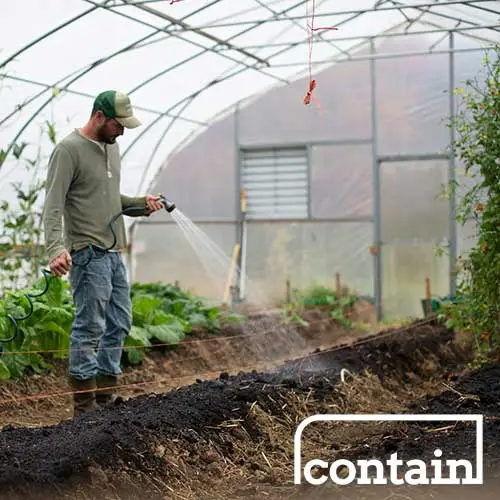
Indoor Ag’s New Reality: Practical Advice from Investment Banker Adam Bergman
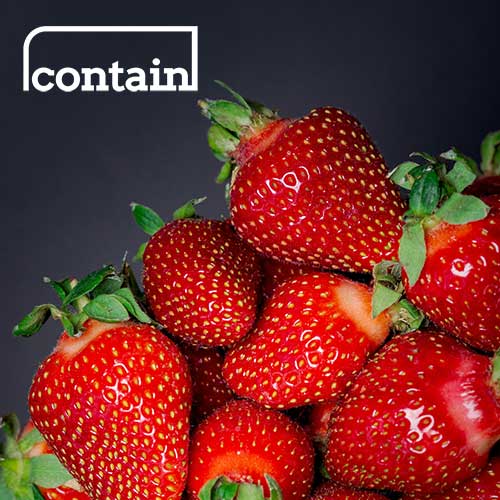
Plenty Unlimited bankruptcy dominates March’s indoor ag news, overshadowing new farm plans
